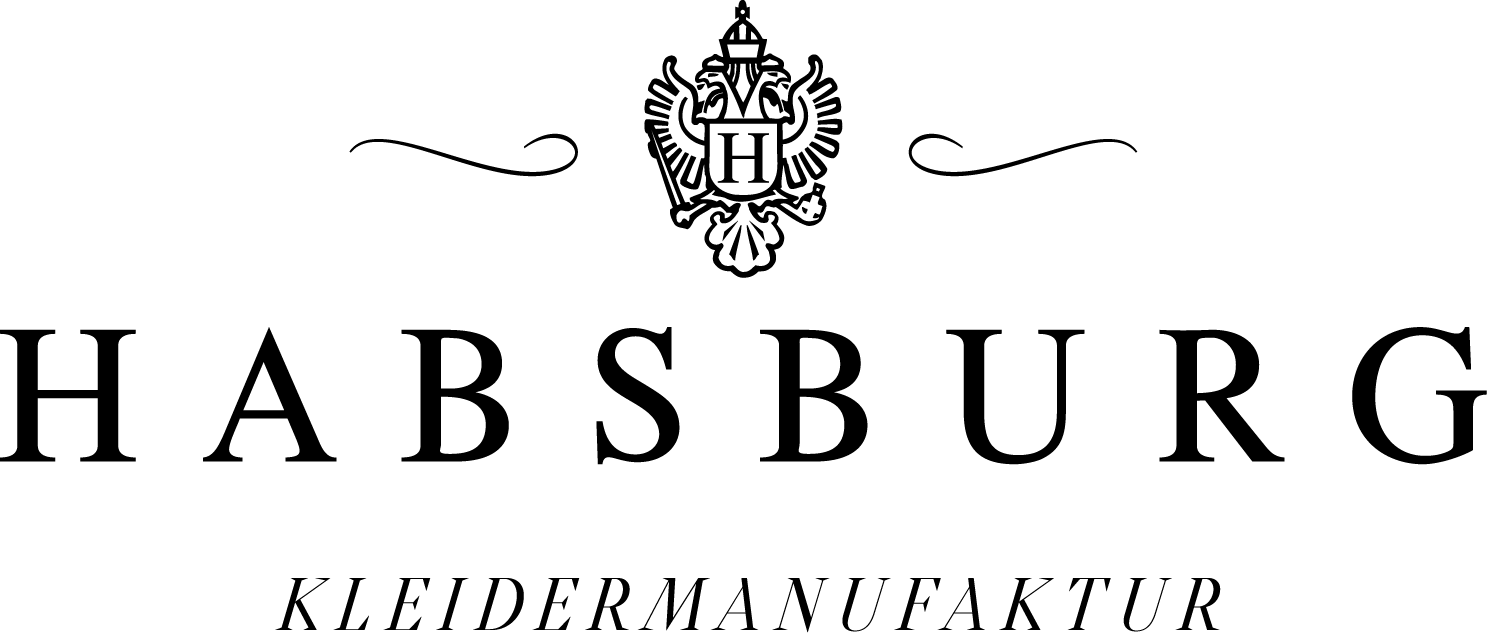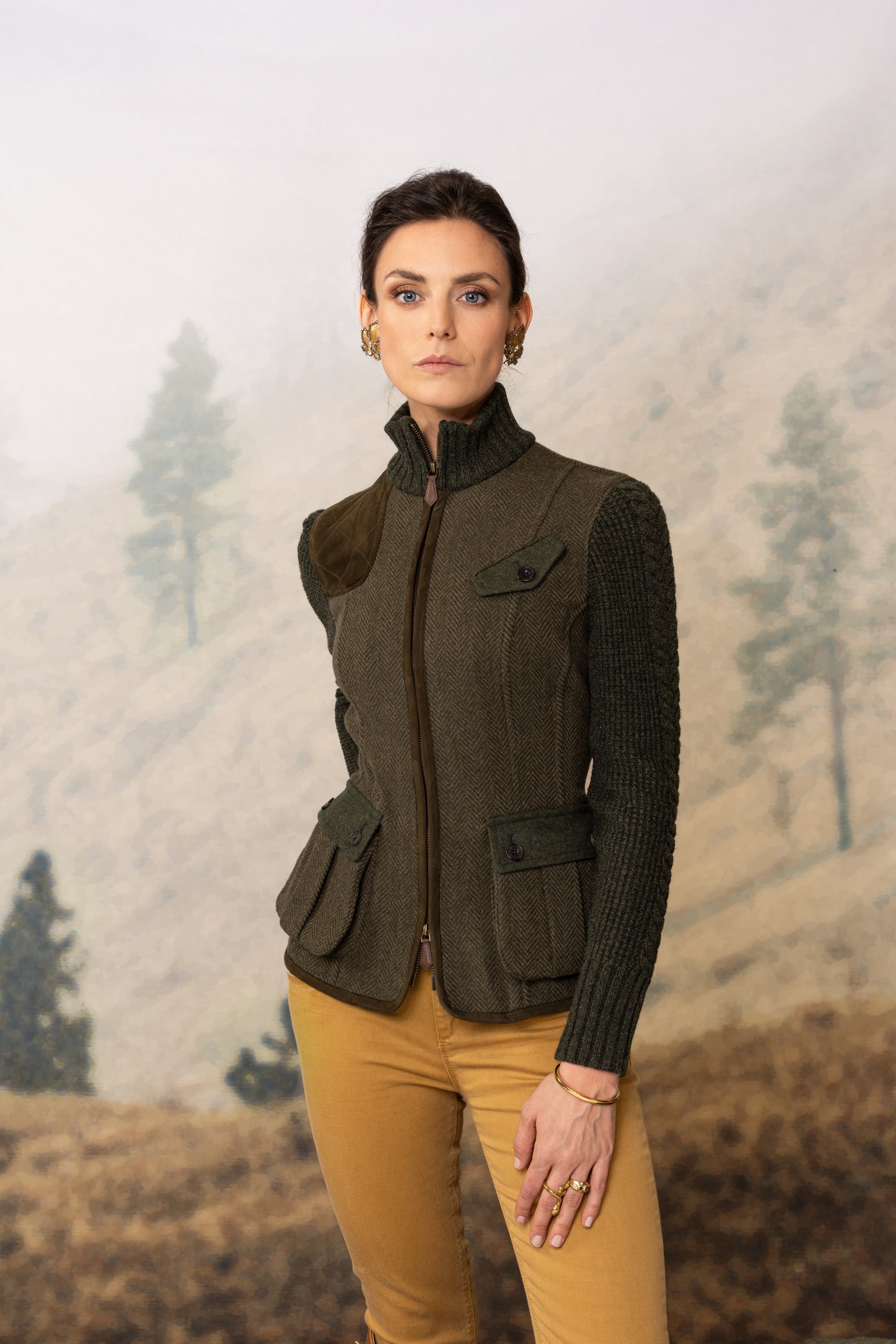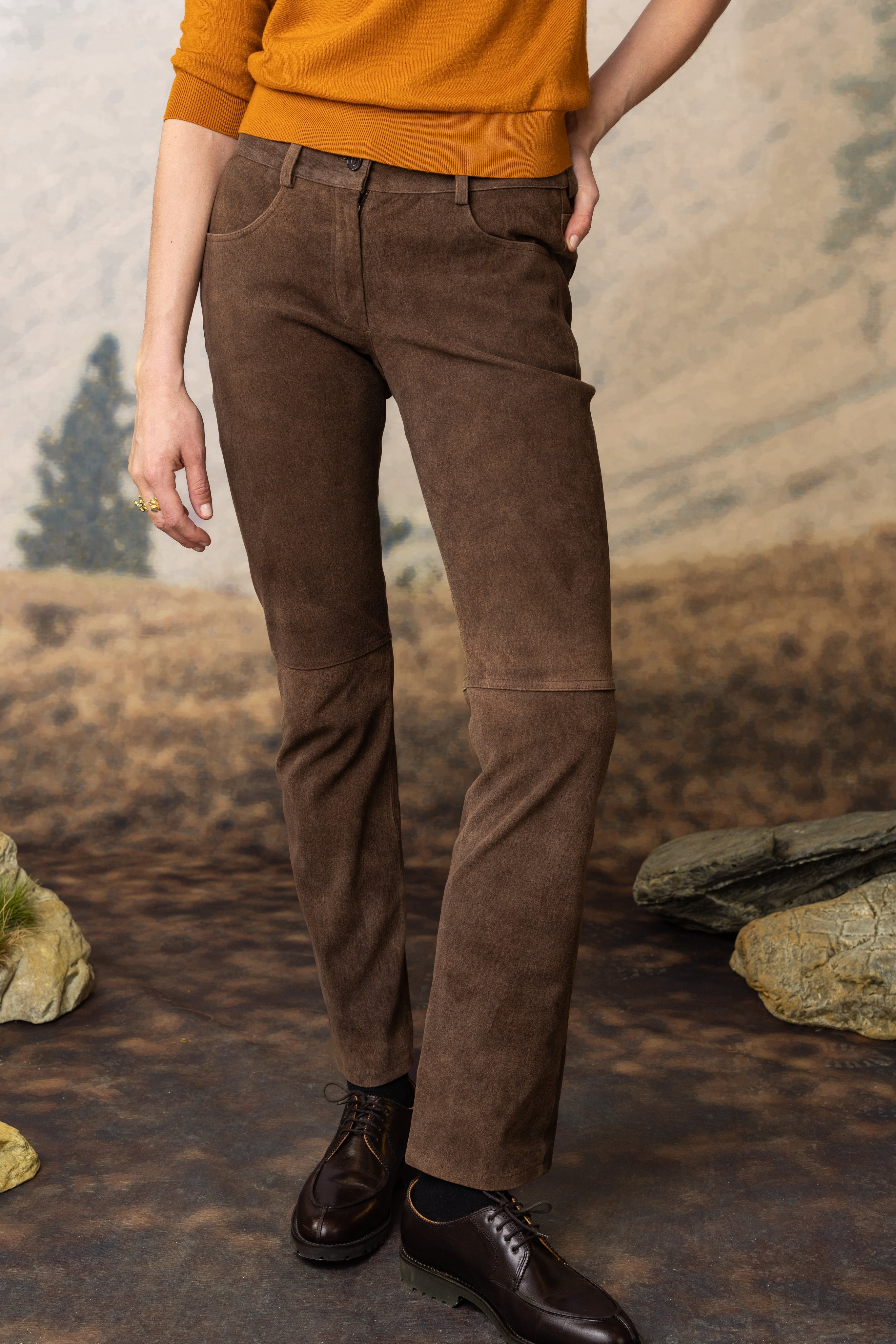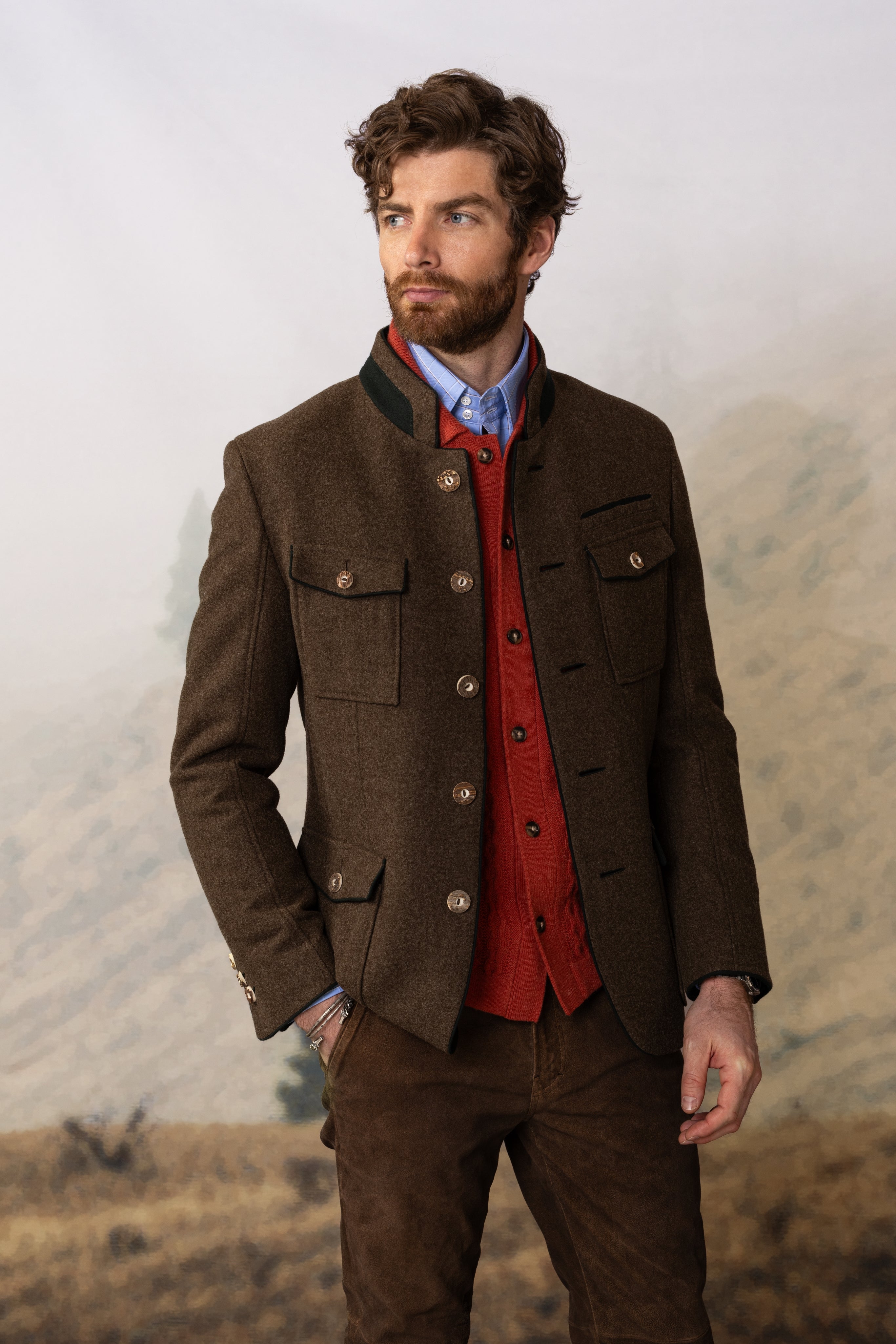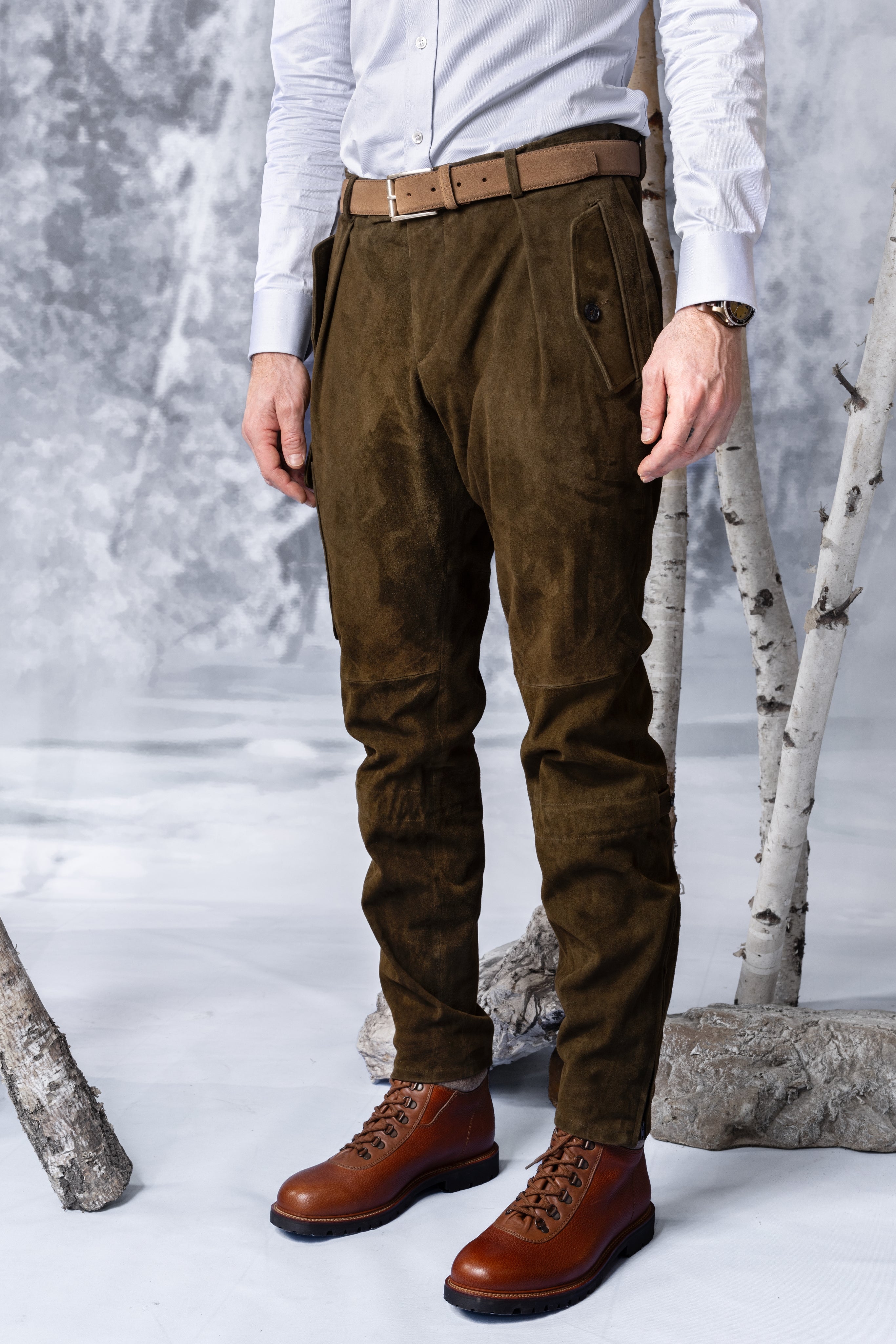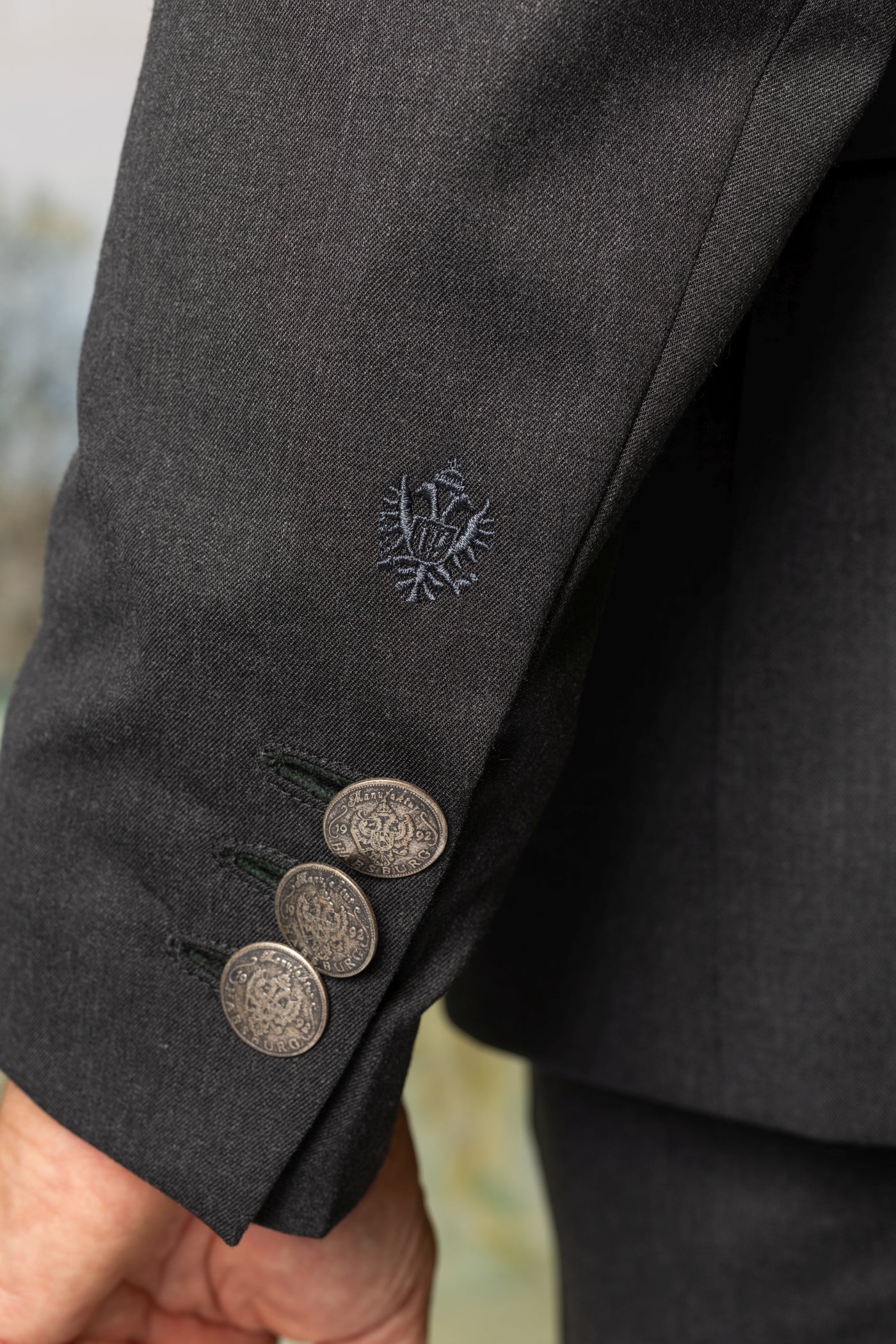
What is virgin wool? Everything you need to know about this precious natural material
Virgin wool is one of the most valuable and sought-after natural fibers in the world. Whether as a warm wool blanket, cozy duvet, or elegant scarf, pure virgin wool is used in countless products. But what exactly is virgin wool and what makes it so special? In this comprehensive guide, you'll learn everything about the properties, origins, and uses of this precious material, which has been prized for centuries for high-quality textiles.
The definition: What is virgin wool?
New wool, also known as pure new wool or virgin wool, is the first shearing of a living sheep—hence the name. This premium wool is obtained by shearing healthy sheep and is characterized by its exceptional purity and quality. Unlike other types of wool or recycled wool, new wool is not obtained from dead animals or recycled materials, but exclusively from living, healthy sheep through professional shearing.
The term "virgin wool" is protected by law and may only be used for wool that comes directly from living animals and has never been processed into yarn or fabric. This guarantee of quality makes virgin wool a premium material in the textile industry. Sheep's wool, in the form of virgin wool, is the purest and highest-quality form of this natural fiber.
The unique properties of virgin wool
Natural thermoregulation
One of the most remarkable properties of virgin wool is its ability to regulate temperature. The natural structure of the wool fibers allows it to provide optimal comfort in both cold and warm temperatures. In cold weather, virgin wool effectively retains body heat, while in warmer weather it dissipates excess heat.
Moisture management
Virgin wool can absorb up to 30% of its own weight in moisture without feeling damp. This exceptional property makes it ideal for clothing worn directly against the skin. The fiber transports moisture away from the body and releases it into the environment.
Natural elasticity
The crimped structure of the virgin wool fibers gives the material natural elasticity. Virgin wool garments return to their original shape after stretching and retain their perfect fit for a long time.
Self-cleaning properties
Virgin wool has naturally antibacterial properties. The lanolin contained in wool has antimicrobial properties and reduces odor. Therefore, virgin wool clothing needs to be washed less frequently than clothing made from synthetic materials.
The origin: From the pasture to the yarn
The best wool regions
Australia is considered the world's leading producer of virgin wool, especially Merino wool. Its climatic conditions and traditional sheep farming have made Australia synonymous with the highest quality wool.
New Zealand is known for its crossbred wool, which impresses with its robustness and versatility.
South America , especially Uruguay and Argentina, also produces high-quality virgin wool with special properties.
Scotland is famous for its Shetland and Harris wool, which is valued for its authenticity and traditional workmanship.
The shearing process
Shearing usually takes place once a year and is a precise process that requires considerable experience. Professional shearers can completely shear a sheep in just a few minutes without injuring the animal. The resulting wool is sorted according to quality—the best wool comes from the animal's shoulders and flanks.
Different types of virgin wool
Merino virgin wool
Merino sheep produce the finest and most valuable virgin wool. With a fiber diameter of only 18-24 micrometers, Merino wool is exceptionally soft and non-itchy. The Merino wool blend combines the guaranteed purity of virgin wool with the special properties of Merino fiber. It is perfect for elegant suits, sweaters, and underwear. Merino wool is also frequently used for high-quality home textiles such as wool blankets and duvets.
Crossbred virgin wool
This wool comes from crossbred sheep and is coarser than Merino, but more robust and durable. Crossbred wool is often used for outerwear and durable clothing.
Shetland wool
Originating from the Scottish Shetland Islands, this wool is characterized by its natural color variety and traditional processing. Shetland virgin wool is known for its durability and distinctive look.
Lambswool
Lambswool is the first shearing of young sheep (lambs). This wool is particularly fine and soft because the fiber ends are not yet worn.
Use of virgin wool in fashion
Suits and business attire
High-quality suits and jackets made of virgin wool are a symbol of quality and style. The natural properties of virgin wool ensure optimal comfort, even during long workdays. The fiber is wrinkle-resistant and retains its shape. Trousers made of virgin wool are also comfortable to wear.
Sweaters and knitwear
Sweaters made of virgin wool offer unparalleled comfort and warmth. Their natural breathability prevents overheating, while their insulating properties ensure pleasant warmth.
Coats and jackets
Virgin wool is an ideal material for outerwear. It offers protection from wind and weather while remaining breathable. Virgin wool coats are both timelessly elegant and practical.
accessories
Scarves, hats, and gloves made of virgin wool combine functionality with style. Ascarf made of pure virgin wool offers not only warmth but also timeless elegance. Their natural softness and thermal insulation make them perfect companions during the cold season.
Home textiles made of virgin wool
Virgin wool is also used in various home textiles:
Duvets: A duvet made of virgin wool optimally regulates temperature and ensures restful sleep. The natural properties of wool create a comfortable sleeping environment.
Wool blankets: A wool blanket is a luxurious companion for cozy evenings. Wool blankets made of wool are durable and become even more beautiful over time.
Special applications: Even a hot water bottle cover made of virgin wool or a hot water bottle cover made of virgin wool benefits from the insulating properties of the material.
Special processing methods
Felting wool: Virgin wool is ideal for felting traditional crafts. The natural properties of virgin wool make felting a special experience.
Recognize quality characteristics
Understanding super numbers
The fineness of virgin wool is often expressed in "super numbers" (Super 100, Super 120, etc.). These numbers refer to the diameter of the wool fiber:
-
Super 100: 19.75 micrometers
-
Super 120: 18.75 micrometers
-
Super 150: 17.25 micrometers
The higher the number, the finer the fiber and the more luxurious the material.
Further quality features
-
Uniformity of fiber length
-
Natural shine
-
Softness of the touch
-
Elasticity and bounce
-
Purity without impurities
Care of virgin wool
Basic care tips
New wool is easier to care for than often assumed, whether it is clothing, a wool blanket or a duvet:
-
Regular airing instead of frequent washing
-
Use of special wool detergents when washing
-
Cold wash at maximum 30°C
-
Dry flat, never hang
-
Careful steaming instead of hot ironing
Washing new wool
Washing wool properly is crucial for its longevity. Virgin wool should always be treated gently. Whether it's a scarf, sweater, or blanket, the basic rules remain the same. Always use special wool detergents and cold water. For larger items like a duvet or wool blanket, professional cleaning is often the safest option.
Professional cleaning
For high-quality garments made of virgin wool, professional cleaning is recommended. Specialist companies have the necessary experience and the appropriate cleaning products.
Sustainability and environmental aspects
Natural cycle
Virgin wool is a sustainable material because it:
-
Grows back annually
-
Is completely biodegradable
-
Obtained without chemical processes
-
Durable and repairable
Animal welfare
Modern sheep farming places great emphasis on animal welfare. Healthy, well-treated sheep produce the best wool. Many producers today adhere to strict animal welfare standards.
Environmental impacts
Compared to synthetic fibers, virgin wool has a smaller ecological footprint. It requires no petrochemical raw materials and does not pollute the environment with microplastics.
Virgin wool vs. other materials
Virgin wool vs. synthetic fibers
-
Breathability: Virgin wool is naturally breathable
-
Odor neutrality: Natural antibacterial properties
-
Comfort: Softer and more comfortable on the skin
-
Environmental friendliness: Biodegradable
Virgin wool vs. other natural fibers
-
Vs. Cotton: Better thermal insulation, higher elasticity
-
Vs. Linen: Warmer, less prone to creasing
-
Vs. Silk: More robust, easier to care for
The future of virgin wool
Innovative processing methods
New technologies make it possible to make virgin wool even more versatile:
-
Machine washable through special treatment
-
Combination with high-tech fibers
-
Improved dyeing techniques
Design trends
Virgin wool is experiencing a renaissance in fashion:
-
Naturalness is valued again
-
Sustainability is the focus
-
Quality over quantity
Virgin wool as an investment in quality
Virgin wool is more than just a material—it's an investment in comfort, quality, and sustainability. The unique properties of this natural material make it a first choice for anyone who values high-quality clothing.
From natural thermoregulation to self-cleaning properties to durability, virgin wool offers advantages that synthetic materials can't match. At the same time, purchasing virgin wool products supports a sustainable and environmentally friendly textile industry.
The next time you're faced with the decision of which material to choose, consider the centuries-old tradition and modern advantages of virgin wool. It's a quality decision you won't regret.
